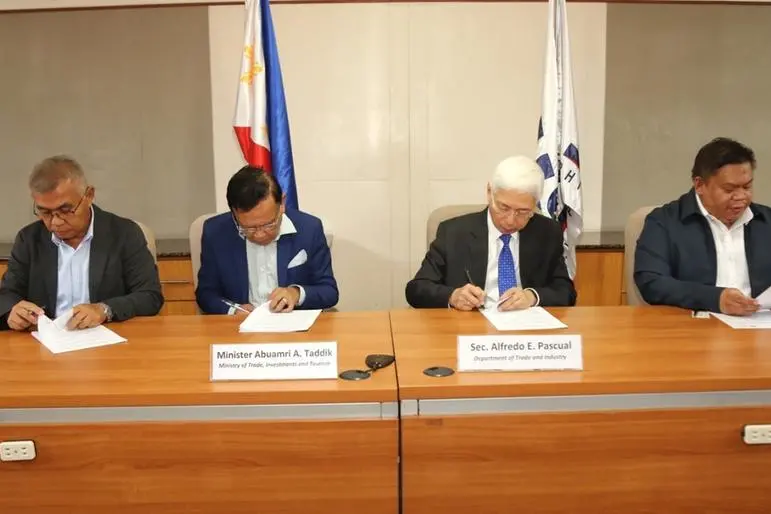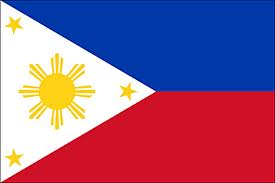RP’s national halal body ready to operate
consultations to enhance the country’s effort to tap into the world’s
estimated US$500-billion yearly Muslim dietary food market, the
National Halal Accreditation Board of the Philippines, Inc. (NHABPI) is
ready to launch and operate on March 16.
Following the separation of Church and State, NHABPI is a non-government, non-profit organization set up by prominent groups of Filipino ulama
(scholars, theologians, and Islamic Law experts) with the participation
of scientists and technologists from various regions of the country.
Its main function is to monitor and ensure strict compliance by Islamic non-government organizations engaged in halal
certification with “the religious aspects of the Halal program of the
government, particularly the Philippine National Standard (PNS
2067:2008, ICS 67.020), otherwise known as Halal Food-General
guidelines.”
PNS is the country’s first national standard on halal
products adopted from various globally recognized benchmarks. The
NHABPI will implement compliance with the PNS 2067, Series of 2008.
NHABPI has a 20-man Board of Directors. Among them are Alim Waleed
A. Abubakar, chairman; Mufti Mahmoud Polangi, vice chairman for
external affairs; and Prof. Abdulhadi T. Daguit, vice chairman for
internal affairs.
In an interview, Daguit said the NHABPI will officially launch on
March 16 in Manila, coinciding with a five-day seminar on Food Safety
Management participated in by halal-certifying Islamic groups, food producers, and business and religious leaders.
“The officers of NHABPI had already undergone four seminars in
relation with its functions and objectives since April 2008, such as on
strategic planning, organizational development, team building, and
project management,” said Daguit.
“Our last seminar on March 16 to 21 will be on food safety or
handling in relation with various world-recognized food standards,
including halal,” he added.
Daguit said “halal” is an Arabic term from the Shari’ah or
Islamic Law that means “lawful” or “permissible.” If applied to food
and other consumer items, he said, this means they should be free of
any pork content or its derivates, and other un-Islamic substances.
“Muslims are required to eat or use only consumer goods that are Shari’ah-compliant or halal,” said Daguit, adding a Muslim is committing sin if he or she knowingly eats food that has un-Islamic content.
It could be recalled that President Arroyo in December 2006 issued
Memorandum Order No. 201 directing government agencies such as the
Departments of Trade and Industry, Agriculture, Health, Tourism, the
Office on Muslim Affairs (OMA), and others to harmonize the country’s halal-related activities with an eye on the global halal market for over 1.5 billion Muslims, whose religion requires them to eat or use only halal consumer products.
The President issued the order after being apprised of the lack of
credibility, even in the Association of Southeast Asian Nations
(ASEAN), of the country’s halal trade program, particularly the presence of unsupervised halal-certifying Islamic NGOs.
Daguit said NHABPI’s objectives are to accredit halal-certifying Islamic NGOs, facilitate setting up of halal support facilities, lead the halal advocacy and promotion to capture a share of the world halal
trade, provide job opportunities for Muslims, supervise strict PNS
compliance of industry stakeholders, seek to establish Islamic
Competent Authority (ICA) with modern and hi-tech facilities for halal program, and create international linkages.
NHABPI is registered with the Securities and Exchange Commission (SEC) under SEC Registration No. CN2008-07292.
An official in Malaysia, whose halal industry is highly recognized globally, had estimated the global yearly trade on the Muslim dietary requirements (halal) at US$500 billion.
Hopefully, PNS and NHABPI will help the Philippine drive to grab a share of the highly profitable halal world market.



